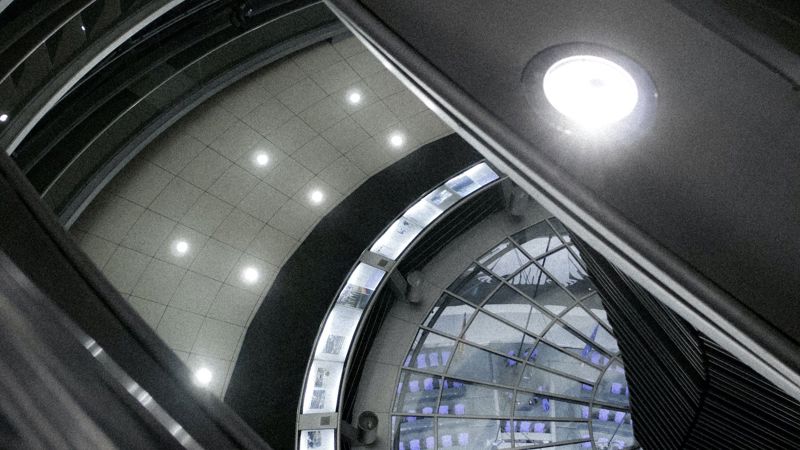
The post-election political landscape in Germany
After a close general election, the shape of Germany’s next government will depend on challenging, and possibly lengthy, coalition negotiations. Chancellor candidates Olaf Scholz for the Social Democrats (SPD), and Armin Laschet for the Christian Democrats (CDU/CSU) have both immediately claimed rivalling mandates to form a new government – most probably through a coalition agreement. The SPD and the CDU have turned to smaller parties, the Green Party and the Free Democrats (FDP), to be included in a three-way agreement; turning these two smaller parties into kingmakers.
The Greens and Liberals have already declared their intention to enter into exploratory talks between each other first. Given their differences, one thing is for sure: The debates will be very interesting!
Germany on the road to becoming more climate-friendly
The contested area for talks between the Greens and the FDP could not be more apparent than in their climate policy proposals. They do however agree on a clear goal: Germany must become more climate-friendly. But how do the two parties want to achieve this?
Incentives vs interventions
While the FDP focuses on incentives for green investments and the use of emissions trading, the Greens see a need for detailed and indirect interventions. For example, the Greens want to significantly increase the expansion corridors for photovoltaics (PV) and wind plants. Meanwhile the Liberals would like to abolish them and aim for emission trading and CO2 prices to set market-based signals. The Greens are calling for the mandatory installation of PV systems on the roofs of every new building. Alternatively, the FDP are proposing decarbonisation incentives through a "super depreciation" mechanism – where investments can be written off over 2 years. The Greens are also asking for an accelerated coal phase-out by 2030 (rather than the legally agreed 2038) and would increase sector-specific CO2 prices for heat and transport. The FDP rather strongly argues for the EU ETS to be extended to these sectors.
Reaching a consensus on technology and the future of international trade
The parties' positions are also at odds when it comes to the choice of technologies: the Greens call for a ban on vehicles with conventional internal combustion engines from 2030, while the FDP wants to preserve them with the option of using synthetic fuels.
In addition, the FDP focuses on global network approaches and international trade, while the Greens strongly aim at implementing measures in Germany as a target country, because they want to make Germany fit for the EU Commission's ‘Fit for 55’ Package, so that the EU can take a pioneering role in climate protection.
It will be interesting to see where the future lines of compromise run. Energy and climate policy analysis will play a crucial role in finding effective and cost-efficient solutions. We are very familiar with the regulatory framework in which the parties in Germany operate and look forward to continuing the debate with political and economic deciders in Germany and the EU.
Frontier regularly advises on a wide range of energy market and climate-related topics. For more information, please contact us at media@frontier-economics.com or at +44 (0) 20 7031 7000.








